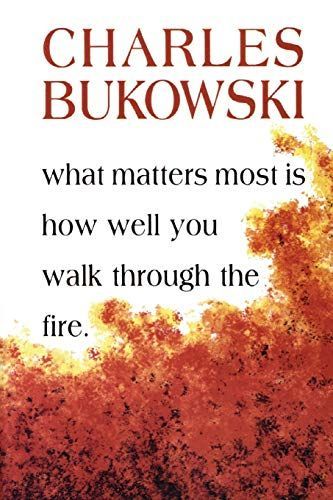
Reviews
Gavin@gl
noha@nohareads
Lovro Oreskovic@lovro
maitha mana@maithalikesapplepies
Joshua Karjala@joshuakarjala
Melanie Richards@melanierichards
Sarah Marchant@flutterpulse
Meredith kirby@witchytrippin
k`library.@blvedie
Highlights
Tem Nugmanov@temirlan